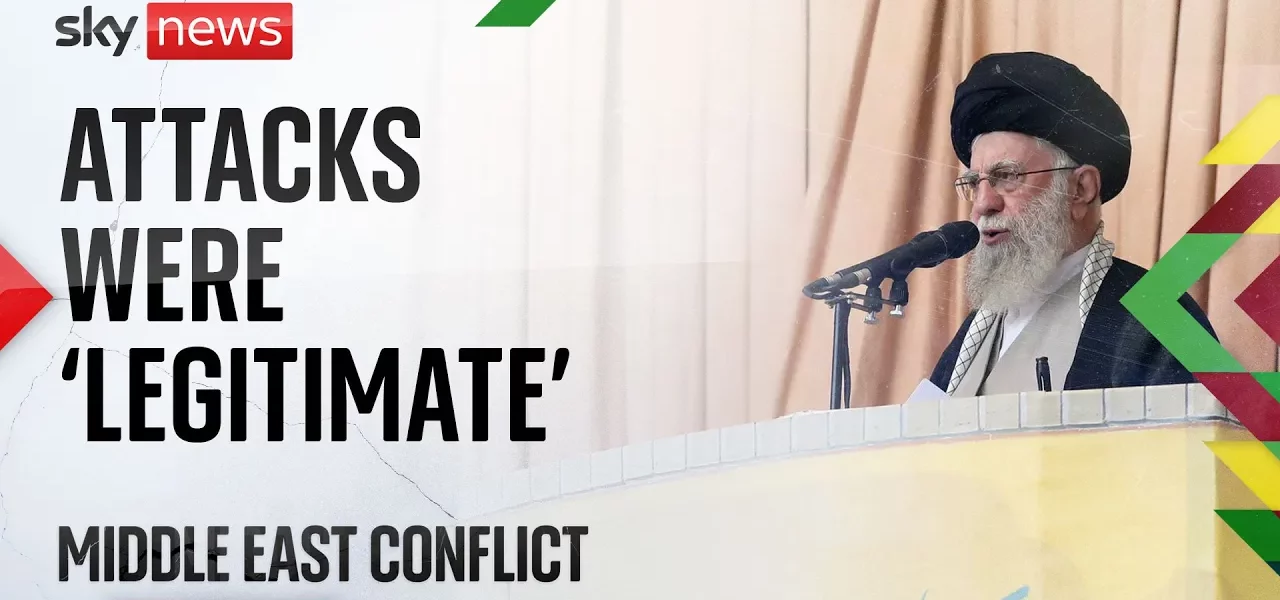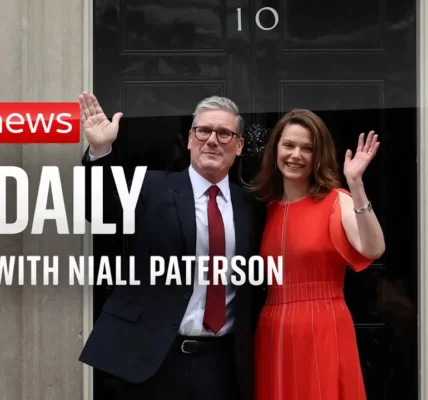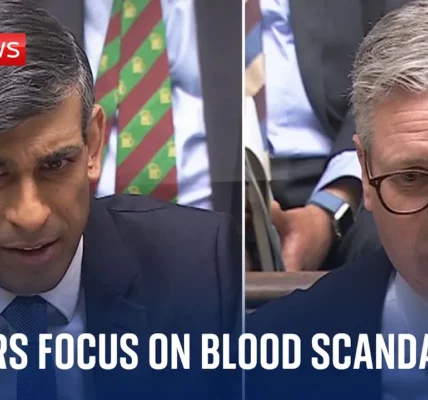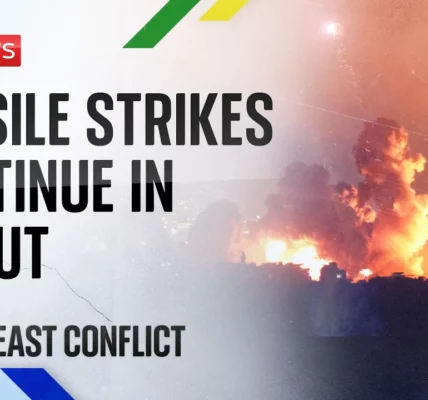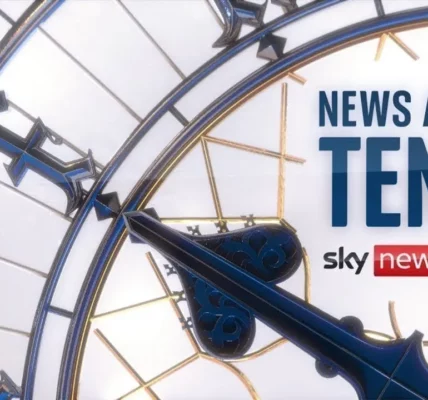Escalating Conflict: Iran, Hezbollah, and Israel’s Tensions

This article delves into the complex dynamics of the ongoing conflict in the Middle East, focusing on Iran’s strategic maneuvers, Hezbollah’s role, and the implications of recent military engagements with Israel.
Introduction
The geopolitical landscape of the Middle East is increasingly volatile, particularly with the rising tensions between Iran, its proxy group Hezbollah, and Israel. As Iran asserts its influence in the region, it faces significant challenges, including direct military confrontations and intricate intelligence warfare. This article explores the recent developments, including Iran’s military strategies, the reaction from Israel, and the broader implications for regional stability.
Iran’s Position and Strategic Goals
Iran has publicly stated its desire to avoid being dragged into a full-scale war. However, the reality on the ground is far more complex. The nation’s leadership, particularly Supreme Leader Ayatollah Ali Khamenei, has made it clear that Iran will stand firm against perceived threats, especially from Israel. Recent events illustrate Iran’s resolve to support its allies and maintain its influence in the region.
Hezbollah: A Key Proxy
Hezbollah, Iran’s most significant proxy in the region, is facing unprecedented threats. Iranian intelligence operations have reportedly been infiltrated by Israeli forces, which raises concerns about the security of Iranian-backed groups in Lebanon and beyond.
- Hezbollah’s military capabilities
- Recent Israeli intelligence successes
- The impact of Hezbollah’s weakening on Iran’s strategy
Call for Unity Against Israel
In a recent Friday sermon, Khamenei called for unity among Muslims against Israel, emphasizing the need for resistance from Lebanon and Palestine. His rallying cry underscores Iran’s commitment to support its allies, even as Hezbollah’s power is perceived to be waning.
Recent Military Engagements
Recent military actions have escalated tensions, with both sides engaging in aggressive posturing and direct attacks.
Ballistic Missile Attack
Iran recently conducted a ballistic missile attack, a bold move aimed at demonstrating its military capabilities and willingness to confront Israel directly.
Israeli Air Strikes
Israel has responded with airstrikes in the West Bank, targeting Hamas commanders and civilian areas, resulting in significant casualties. These actions have raised alarm about the scale and intent of the Israeli military operations.
- 18 fatalities from Israeli airstrikes
- Increased civilian casualties due to military actions
- Ongoing drone attacks in the Golan Heights
The Broader Implications for Regional Security
The conflict between Iran and Israel has far-reaching consequences, not only for the immediate parties involved but also for the stability of the entire Middle East. The involvement of various militias and the potential for a multi-front war threaten to destabilize the region further.
Multi-Front Warfare
The current situation is characterized by escalating violence on multiple fronts, with various militant groups engaging in hostilities against Israel. This multi-front approach complicates Israel’s military strategy and may lead to an expansion of the conflict.
Impact on Civilian Populations
The ongoing conflict has severe implications for civilians caught in the crossfire. Evacuations have been ordered, and the humanitarian situation is deteriorating rapidly.
- Evacuations of Lebanese civilians
- Destruction of infrastructure in targeted areas
- Psychological impacts on affected populations
Conclusion
As tensions between Iran, Hezbollah, and Israel continue to escalate, the potential for a broader conflict looms large. The dynamics of this complex geopolitical landscape require careful monitoring, as the actions taken by each party could lead to unpredictable outcomes. It is crucial for observers and policymakers to remain vigilant and advocate for diplomatic solutions to prevent further violence. For those interested in understanding the intricacies of Middle Eastern politics, we encourage you to explore our related articles on regional security and the impact of proxy wars.
“`
